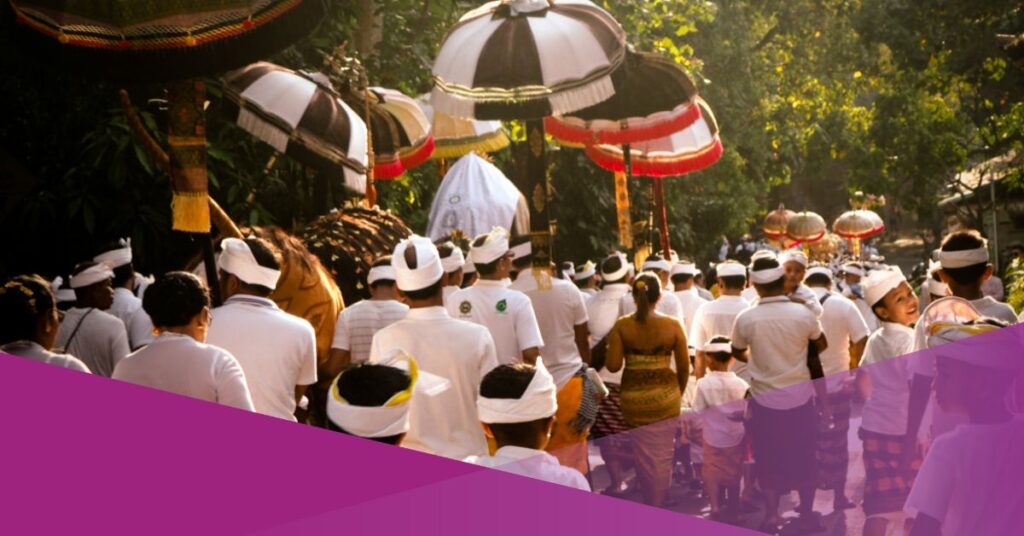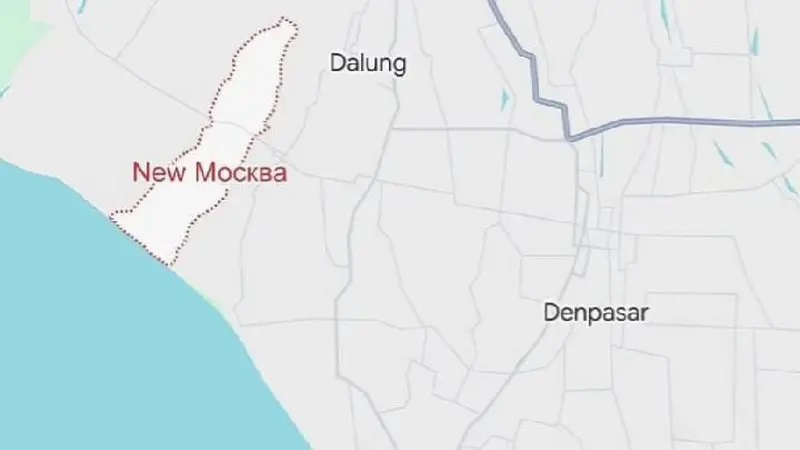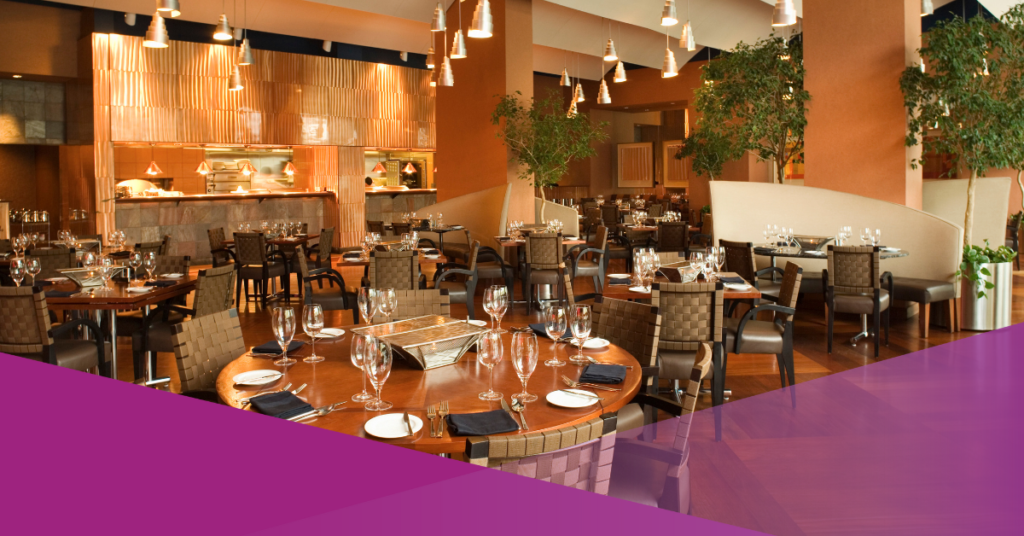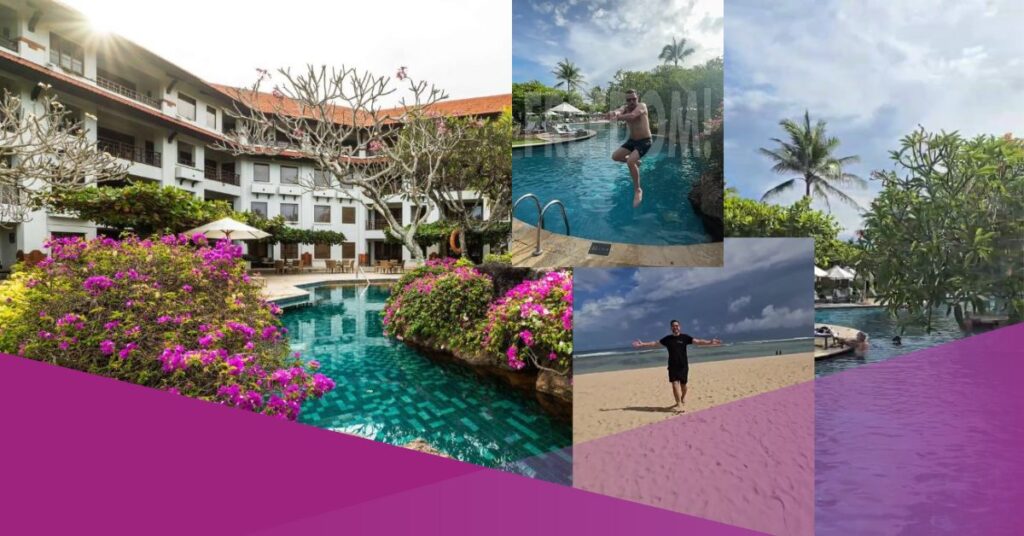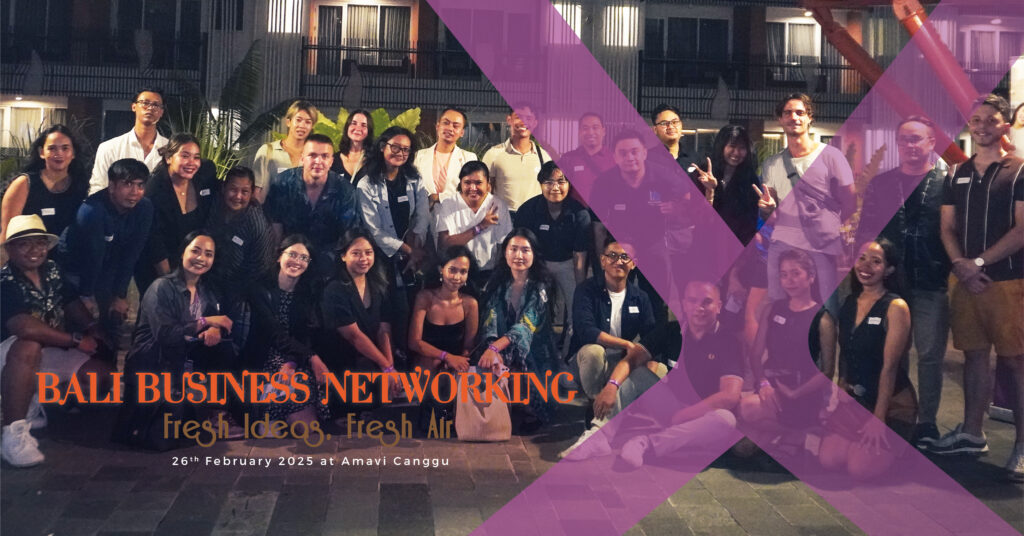Bali, a popular tourist destination, has recently seen an influx of tourists from Russia and Ukraine. Many of these visitors have chosen to stay long-term, partly because they are unable to return home due to the ongoing war between the two countries. This situation has sparked controversy, with concerns about criminal activity and disruptions in the local community.
The rise of Russian tourists in Bali is particularly noticeable after the COVID-19 pandemic. In 2024, over 120,000 Russians visited Indonesia. According to the Central Statistics Agency (BPS), foreign tourists typically stayed in Indonesia for an average of 8.24 days in July 2023. However, Russian tourists were found to stay the longest, with an average stay of 46 days.
Despite the economic benefits, such as increased bookings for villas and restaurants, Russian tourists have also raised concerns due to their behaviour. Issues like not wearing helmets while riding motorcycles or even riding motorcycles inappropriately have caused frustration among locals. Additionally, there have been reports of more serious crimes involving Russian tourists.
Criminal Behavior Among Russian and Ukrainian
One alarming incident involved a Ukrainian tourist, Igor Lermakov, who was allegedly kidnapped and extorted by a Russian gang in Bali. The case became widely discussed on social media. However, the situation took a new turn when a Russian citizen, Khasan Askhabov, filed a report accusing Lermakov of providing false information to the police.
Khasan claimed that he was not involved in the incident and was not even in Bali at the time of the alleged kidnapping. As reported by Detikbali, his lawyer, Apollos Djara Bonga, explained, “The incident he reported was on the 15th (December 2024), reporting our client, Khasan, had committed violence and extortion. Meanwhile, our client, Khasan, had not yet come to Indonesia on the 15th. He was in Dubai.”
‘New Moscow‘ in Canggu: A Growing Russian Presence
Another issue highlighted by locals is the increasing number of Russians settling in the Canggu area, where a location marker labelled “New Москва” (New Moscow) recently appeared on Google Maps. This has raised questions about the growing presence of Russian nationals in Bali, particularly in Canggu. Many of these visitors are reportedly buying property, starting businesses, or simply deciding to stay longer due to the war.
While the arrival of Russians has had positive effects on the local economy, some concerns remain. The growth in the Russian population in Canggu has sparked debates about the balance between benefiting from tourism and managing the social impacts of so many foreigners settling in one area.
Immigration Challenges and Criminal Behavior
The situation has caught the attention of local authorities. Parlindungan, the Head of the Regional Office of the Directorate General of Immigration Bali, mentioned that the ongoing war has left many Russians and Ukrainians stranded in Bali. As a result, some of them have engaged in criminal activities, causing tension in the community.
“After the war between Russia and Ukraine, many Russians and Ukrainians were stranded in Bali,” Parlindungan stated, as quoted from Detiknews. “This sometimes causes problems and criminal behaviour in Balinese society.”
While Russian and Ukrainian tourists have brought financial benefits to Bali’s tourism industry, their prolonged stays and involvement in criminal activities have raised concerns. As Bali grapples with this new wave of foreign nationals, it remains to be seen how the situation will evolve and how authorities will handle the challenges posed by these stranded tourists.
Cover: Photo by Wina Tristiana on Unsplash
